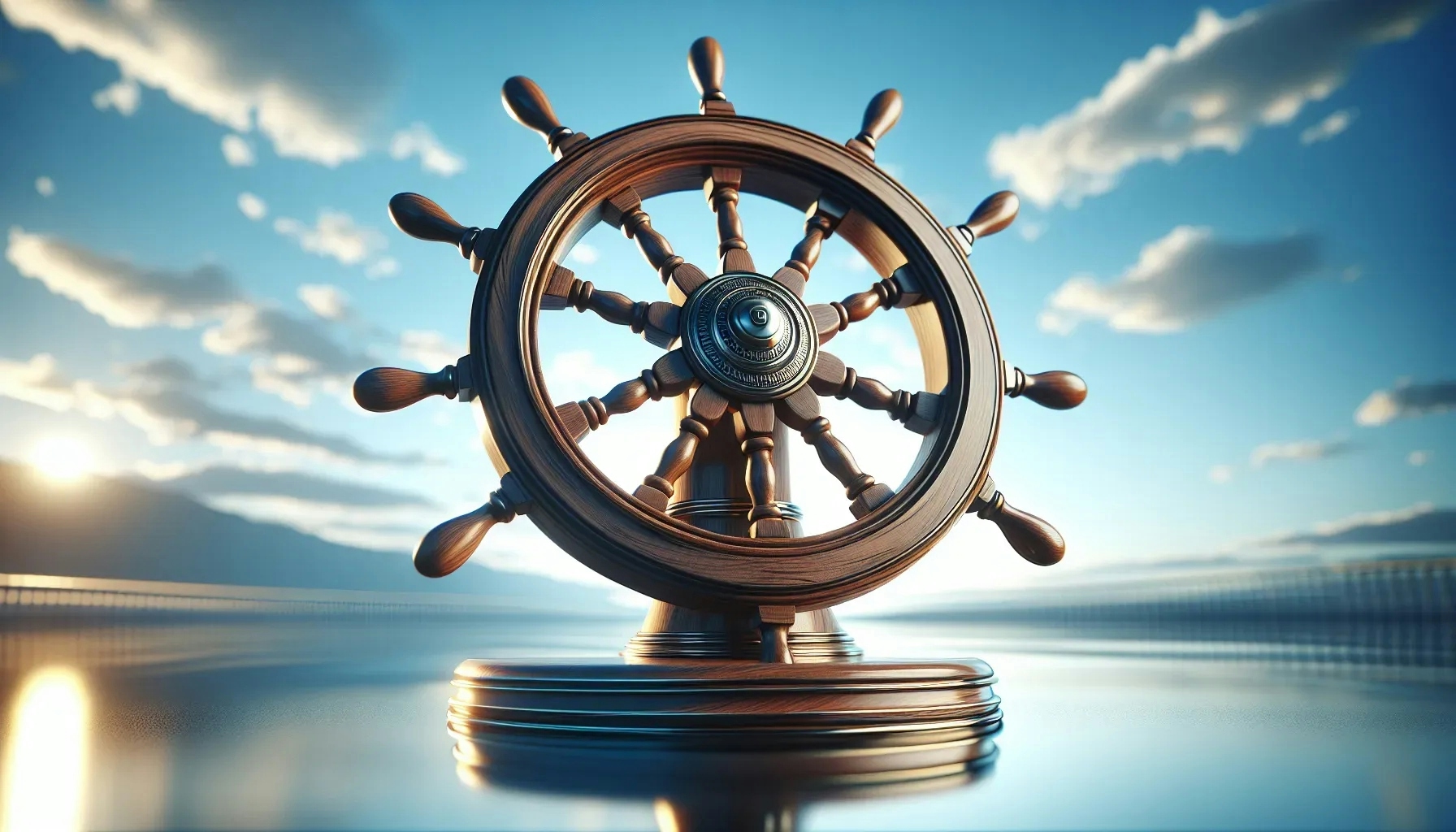Welcome to the intricate world of maritime law and international regulations. This blog post will guide you through the labyrinth of rules and regulations that govern our seas and oceans. We'll delve into the complexities of maritime law, the international bodies that enforce these laws, and the impact of these regulations on global trade and environmental protection.
The Basics of Maritime Law
Maritime law, also known as admiralty law, is a distinct body of law that governs maritime questions and offenses. It is a complex and fascinating field that covers a broad range of matters, including shipping, cargo, maritime injuries, and marine environmental issues.
Maritime law is international by nature. It is because the sea is a global commons, a resource shared by all but owned by none. Therefore, the laws governing the sea must be international in scope. The United Nations Convention on the Law of the Sea (UNCLOS) is the primary international treaty governing maritime law. It sets out the legal framework within which all activities in the oceans and seas must be carried out.
International Bodies Governing Maritime Law
Several international bodies play a crucial role in the enforcement and development of maritime law. The International Maritime Organization (IMO) is the United Nations specialized agency responsible for the safety and security of shipping and the prevention of marine pollution by ships.
The IMO develops and maintains a comprehensive regulatory framework for shipping. Its work includes codes, conventions, recommendations, and guidelines that cover all aspects of international shipping – including ship design, construction, equipment, crewing, navigation, operation, and disposal.
Impact of Maritime Law on Global Trade
Maritime law and international regulations have a significant impact on global trade. The majority of the world's goods are transported by sea, making maritime law crucial for international commerce.
Maritime law provides a framework for the safe and efficient transport of goods. It sets standards for ship safety, cargo handling, and environmental protection. These regulations ensure that goods can be transported safely and efficiently across the world's oceans.
Maritime Law and Environmental Protection
Maritime law also plays a vital role in protecting the marine environment. The IMO has developed several conventions aimed at preventing pollution from ships. These include regulations on oil pollution, harmful substances carried by sea, sewage from ships, and garbage from ships.
Maritime law also provides a framework for dealing with the impact of shipping on marine biodiversity. The IMO is currently developing measures to reduce the impacts of shipping on marine life, including regulations on ballast water management and underwater noise.
Challenges in Enforcing Maritime Law
Despite the comprehensive framework of maritime law and international regulations, enforcing these laws can be challenging. The high seas are vast and often beyond the reach of national law enforcement agencies.
Moreover, the international nature of shipping means that many different jurisdictions may be involved in any given case. This can lead to complex legal disputes and difficulties in enforcing regulations. However, international cooperation and the work of bodies like the IMO are crucial in overcoming these challenges.
The Future of Maritime Law
The future of maritime law will be shaped by the evolving challenges of the maritime industry. These include the rise of autonomous ships, the impact of climate change on shipping routes, and the need for greater environmental protection.
Maritime law will need to adapt to these changes to ensure the continued safety, efficiency, and sustainability of international shipping. The role of international bodies like the IMO will be crucial in this process.
Sailing Forward: The Continued Evolution of Maritime Law and International Regulations
Maritime law and international regulations are a complex but essential part of our global society. They ensure the safe and efficient transport of goods, protect the marine environment, and provide a framework for resolving disputes. As the maritime industry continues to evolve, so too will the laws that govern it. It is a fascinating journey that we will continue to navigate together.

